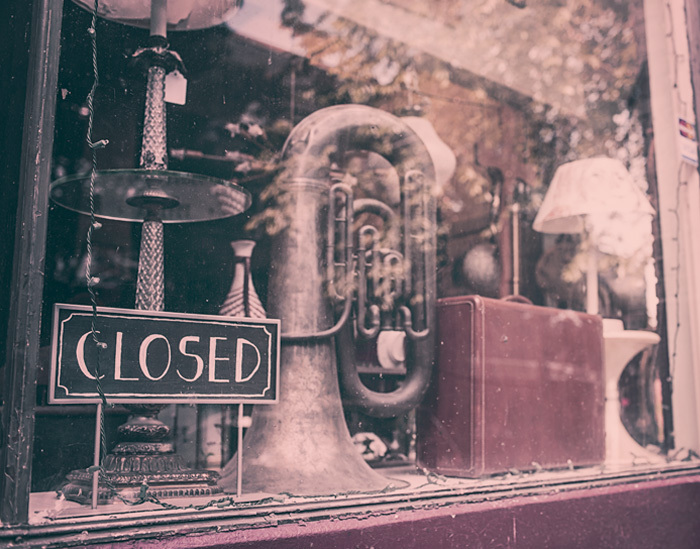Content Strategy
Study Finds Brand Reputation More Important to Consumers than Price
By Jonathan Crowl on May 15, 2015
Everyone knows price matters to consumers, but a new study suggests the lowest price doesn't always win. Even more important to consumers is the reputation of retailers—and how prices correlate to that brand reputation.
Price Still Matters
This guideline comes from Concordia University's John Molson School of Business, which does agree that price remains an important factor for businesses. But price is a relative figure that relates to the reputation of a business, and consumers typically gauge whether a price is good based on how it compares to a brand's reputation.
 In other words, a high price isn't a deterrent to many consumers, as long as it corresponds to a positive reputation. When price and reputation seem misaligned, consumers are turned off.
In other words, a high price isn't a deterrent to many consumers, as long as it corresponds to a positive reputation. When price and reputation seem misaligned, consumers are turned off.
These insights are consistent with many other best practices governing online retail and commerce practices, which have long recognized the importance of online reputation management. A company's viability depends more than ever on maintaining a strong reputation and presenting to customers as a trustworthy, high-value business.
Hitting the Consumer Ceiling
The Molson School of Business study makes the bold suggestion that pricing is highly dependent on that reputation—that is, a brand's presentation and pricing strategy is limited by the ceiling of consumer perception. This means consumers won't automatically gravitate toward the cheapest option, which is good news in an increasingly competitive space. However, they will examine the cost relative to reputation and make purchasing choices based on the best-perceived deal.
Consumers already identify Starbucks as a premium brand even though it sells economical cups of coffee. It's this ingrained brand reputation that has opened the door for Starbucks to capitalize on a pricing opportunity: They are set to open a new line of upscale coffee chains called "Reserve Roasteries," which will price coffee as high as $8 per cup. That figure may seem extreme, but because Starbucks maintains such a strong reputation, consumers will be more comfortable paying that high price, according to The Motley Fool.
It's clear consumers have begun valuing reputation over price, and the end result will likely be major profit margins for Starbucks. This dynamic is an important model for online retailers to keep in mind when considering their own reputation and fretting over price. Bottom line: If you can build a strong brand reputation, price concerns become secondary.
